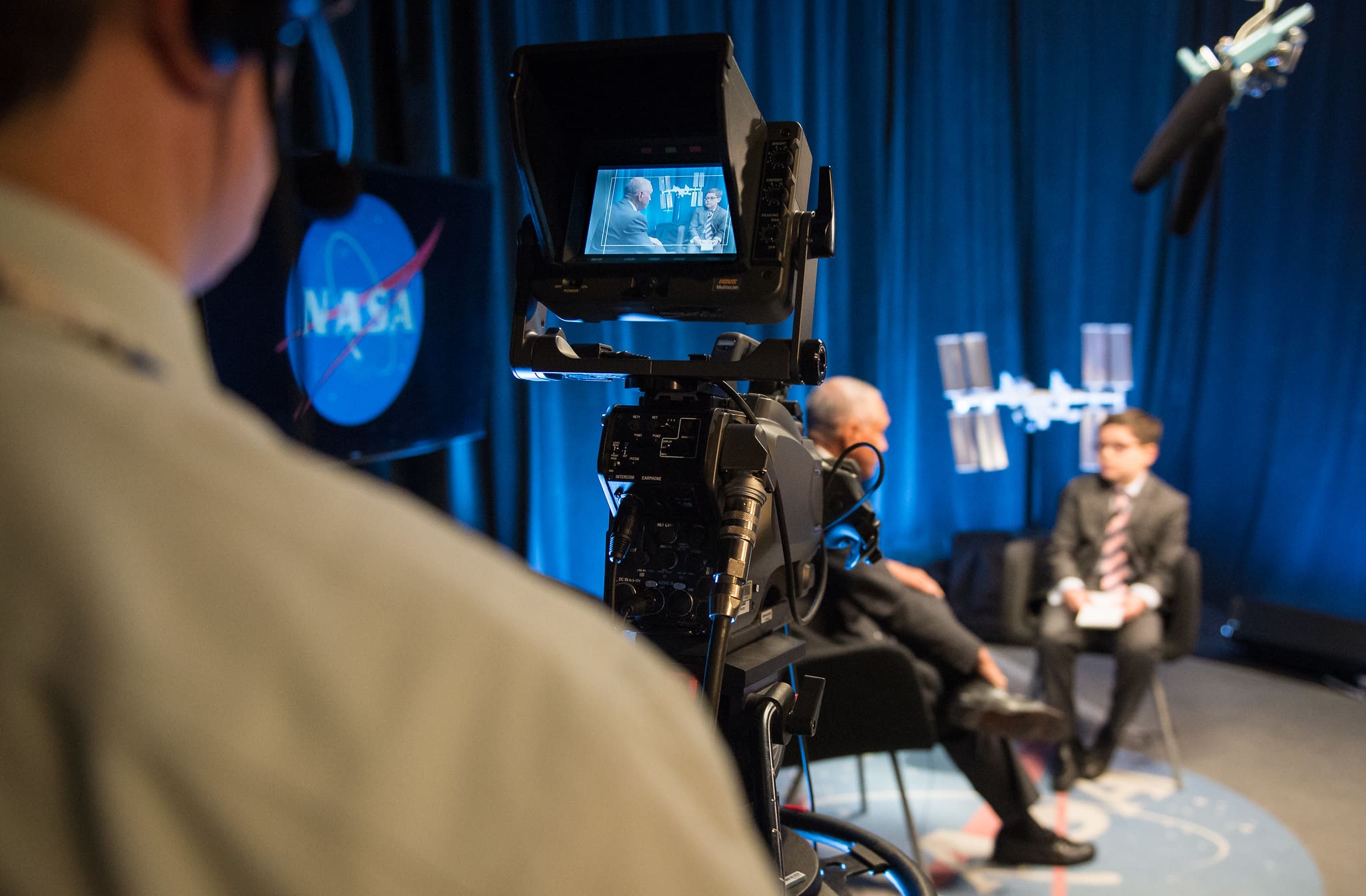Most Common Mistakes in Broadcast Interviews
There are quite a few things to get your head around if you want or need to become a talking head for your company or your cause. Our broadcast media training is designed to help people understand how to prepare ahead of an interview and how to behave during an interview. But in this post, I am just concentrating on a list of common mistakes. The first group of mistakes will ensure you won’t get invited back. The second group of mistakes will likely provoke more negative or even aggressive questioning.

Avoid this list of don’ts if you want to be invited back:
- Don’t use jargon and technical language – we’ve blogged about this elsewhere. It is difficult but crucial to change hats before you go on air. Speak in words a 14-year-old would understand.
- Don’t constantly plug your company or your product. In fact, we usually advise steering clear of anything that sounds like promotion. Talk about issues. Broadcasters do not want to be seen to allow you to advertise on air.
- Don’t offer opinions without evidence. A crucial difference in serious media is between someone who has opinions and someone who has opinions backed by proof points, either facts and numbers, or examples. Preferably both. If you can’t back up your argument, you probably won’t be invited back.
- Don’t speak too fast or too slowly. Broadcasters care about their audience and interviewees must be both interesting and easy to understand.
- Don’t speak for more than 40-50 seconds in any one answer. In most cases, you will get interrupted if you go beyond this. But next time they may choose someone who is less long-winded. Similarly, don’t answer too short. An interview should sound like an interesting conversation, if you don’t talk they’ll assume you don’t want to be there.
The second list of don’ts is all about avoiding behaviour that will provoke negative questions or aggression.
- Don’t be overly positive – no one will believe you and you will sound like a salesperson, this will prompt much tougher questions. Most broadcast journalists want serious debate, not hype. If you sound too positive the presenter will feel duty-bound to ask negative questions.
- Don’t ‘open a negative ‘ by which I mean, unnecessarily remind the audience of some previous misdemeanour or some hole in your argument. It is surprisingly common for people to refer to problems or issues that loomed large internally but have either long been forgotten externally, or were never widely reported. Don’t assume the journalist has remembered the slump in profits two years ago or the high-profile departure of a member of the senior leadership team. Have a line ready if it is mentioned, but steer clear of reminding the journalist of a negative. If you do mention it, the journalist will be duty to bound to ask you more about it.
- Don’t get personal with a journalist, even if they are being aggressive in their questioning. The broadcast journalist sees themselves as representing the audience…plus they enjoy the theatre of a bust-up on air. If you start saying ‘where did you get that information from’ or ‘the trouble with the BBC is it’s full pinko leftist dreamers’ you will ensure the questions get tougher and more pointed.
RMT leader Mick Lynch is known for having a go at journalists. He is perhaps more comfortable than most people with the aggression that inevitably follows.
- Finally, don’t completely ignore questions. Nothing is more annoying to an audience and journalists cannot afford to let it slide. If you are not clear how to both answer questions and get your messages heard, read this previous post from us.
If you would like to be media trained, or want help preparing for a television or radio interview just get in touch: either +44 (0)20 7099 2212 or enquiries@themediacoach.co.uk
Images:
Photo Credit: BBC
Photo Credit: (NASA/Aubrey Gemignani) Flickr
- Media Savvy Operators Know How to Place a Quote - May 21, 2024
- The Magic of Performance - May 14, 2024
- Our Top Tips: - May 8, 2024





Leave a Reply
Want to join the discussion?Feel free to contribute!